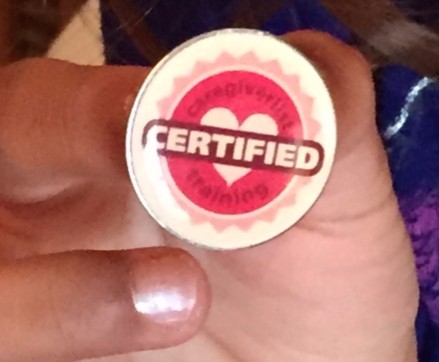Certified Nursing Aide training was created as a federal law to require a consistent level of training for nursing assistants working in nursing homes, hospitals and care facilities. The federal law mandates a minimum of 75 hours of training in a classroom setting approved by the state’s health department and includes clinical hours of training.
Clinical training means the student will shadow someone who already has their Certified Nursing Aide license. Certified Nursing Aides are also called Certified Nursing Assistants and C.N.A.’s and Ohio refers to their C.N.A.’s as S.T.N.A. which means State Tested Nursing Aide.
Explore the costs and admission requirements for C.N.A. training in your state. While the minimum is 75 hours, many states require 85 to 120 hours of training which can be completed in a part-time or full-time course. Most programs can be completed in 1 to 3 months. Financial aide and grants and tuition reimbursement are also available as more C.N.A.’s are needed.
Senior caregivers can take online caregiver training to be certified for the basic training skills outlined by the industry and then when ready, take a C.N.A. course.
Review C.N.A. courses in your state and request C.N.A. school admission information to begin your research to become a C.N.A. You may also take a sample C.N.A. Practice test to review the information you will be taught. You may also apply for a caregiving job to be considered for part-time and full-time professional caregiver positions as senior care companies are constantly hiring to meet the demand for senior care.

